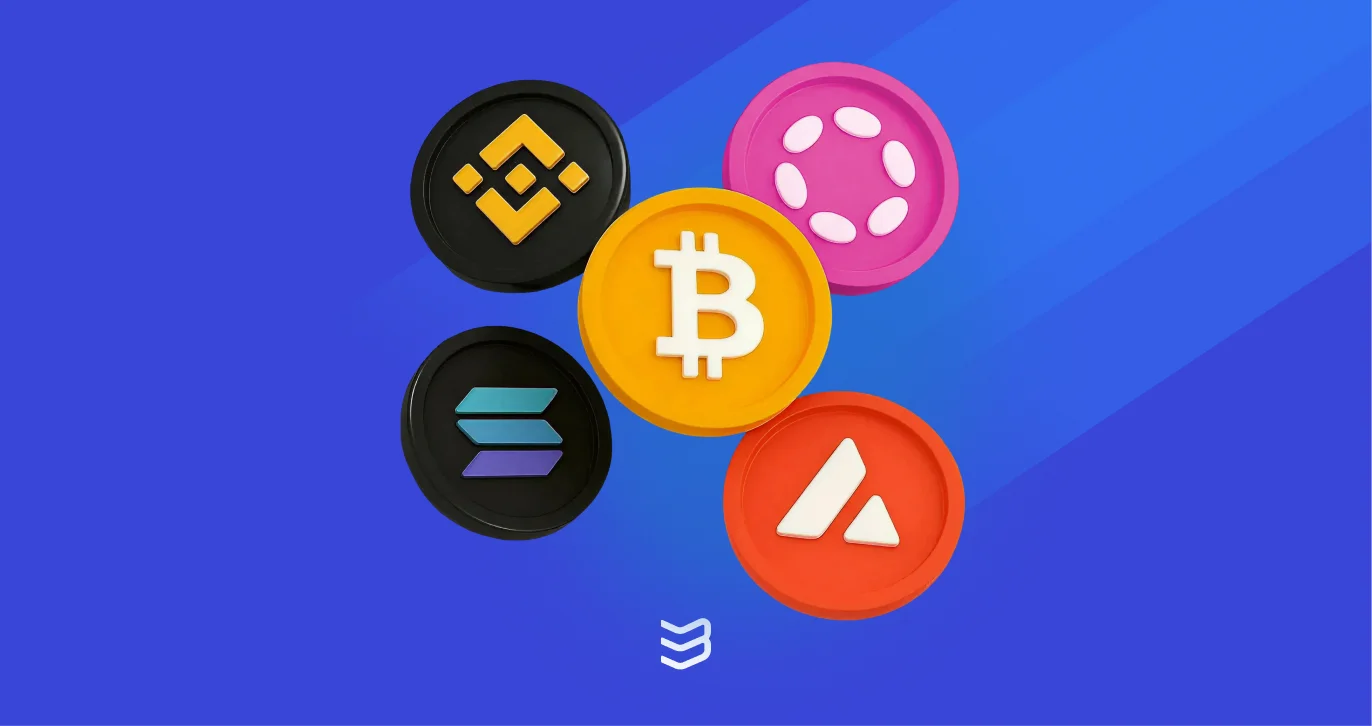tl;dr
- Web3 faces liquidity issues: CEXs rely on limited reserves, DEXs suffer from fragmented pools, and low volume.
- Poor liquidity leads to slippage, delays, and bad pricing.
- Market makers solve this by placing constant buy and sell orders, ensuring smoother trading and tighter spreads.
- Market makers help prevent large price swings and reduce volatility, especially for new or low-volume tokens.
Introduction: Liquidity Challenges in Web3
Liquidity is the ability to quickly buy or sell an asset without drastically affecting its price. As such, liquidity is of key importance in all financial markets, including cryptocurrencies.
In Web3, both centralized and decentralized exchanges face unique liquidity challenges. CEXs may rely on siloed reserves, while DEXs often suffer from fragmented pools and low volume. Without sufficient liquidity, users face slippage, delays, and poor pricing. This is where market makers come in. These firms provide constant buy and sell orders, ensuring smoother trades and tighter spreads, making them essential
Decoding the Role of a Market Maker in Web3
A market maker is a participant in financial markets who is always ready to buy and sell assets, helping to ensure that trading can happen smoothly at any time. In Web3, market makers are individuals or specialized firms that provide liquidity to decentralized, blockchain-based exchanges.
Their primary job is to make sure there are always bids to buy and offers to sell tokens, so users don’t face delays or large price swings when trading. Market makers reduce the bid-ask spread, making trades more cost-effective for everyone. They also absorb large buy or sell orders, which helps reduce volatility and keeps prices more stable, especially for newer or low-volume tokens.
Web3 market makers use a mix of strategies, including inventory management and algorithmic trading, to maintain liquidity around the clock. Many projects partner with market makers to launch tokens, ensuring the trading experience is stable from day one.
The Two Pillars of Web3 Market Making: A Tale of Two Models
In the Web3 ecosystem, liquidity is maintained by two distinct models: traditional crypto market makers and automated market makers (AMMs). Each plays a critical role in enabling efficient trading and price discovery across centralized and decentralized platforms.
Traditional Crypto Market Makers: The Human Touch in a Digital Age
These firms operate on centralized exchanges using sophisticated algorithms to quote buy and sell prices around the clock. They profit from the bid-ask spread and help reduce volatility and slippage.
Prominent players like Wintermute and GSR partner with token projects to ensure healthy liquidity and orderly price action. Their expertise and capital are especially vital during early token launches and on less liquid markets.
Automated Market Makers (AMMs): The Revolutionary Heart of DeFi
AMMs remove the need for order books by using smart contracts and liquidity pools. Based on formulas like xy=k*, AMMs let users trade directly against pooled assets. Anyone can contribute liquidity and earn fees, making market-making accessible to all. Platforms like Uniswap, PancakeSwap, and Curve power this innovation across multiple blockchains.
Even with AMMs, many crypto projects and token issuers employ traditional market makers.
Why Do Web3 Projects Need Market Makers?
Market makers are essential for Web3 projects to ensure a smooth token launch and maintain post-launch price stability. By providing consistent liquidity, they reduce slippage, prevent extreme volatility, and deter price manipulation. This stability builds trust within the community and enhances credibility with larger investors, exchanges, and ecosystem partners.
Without a market maker, projects risk erratic price swings, poor user experience, and reduced trading activity. All of which can hinder long-term growth and adoption.






